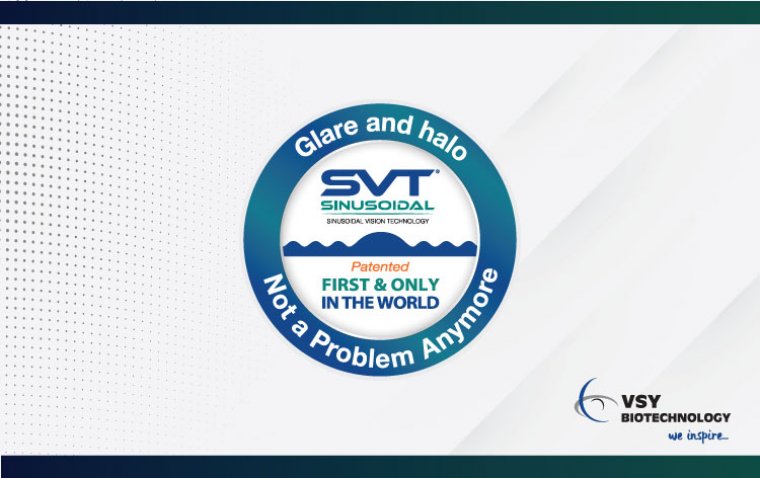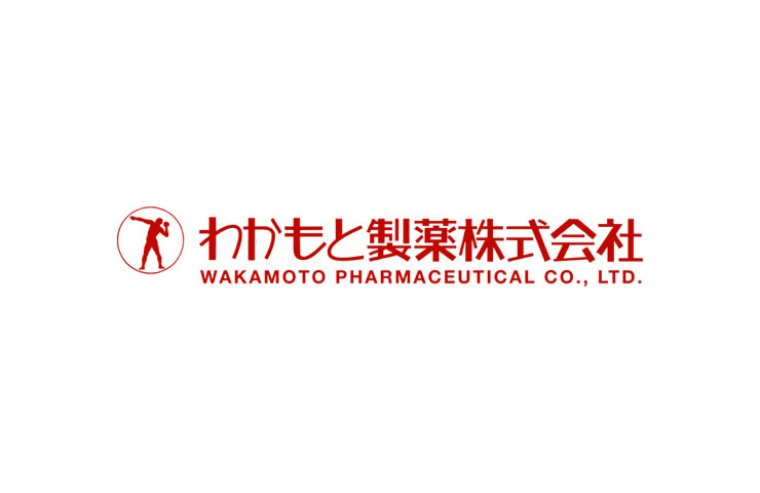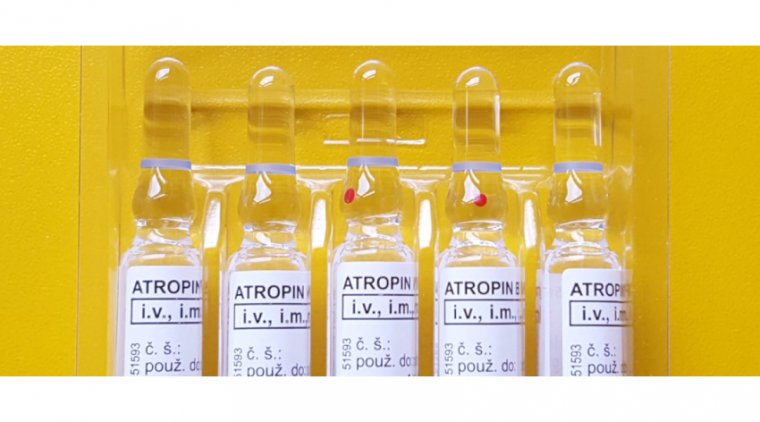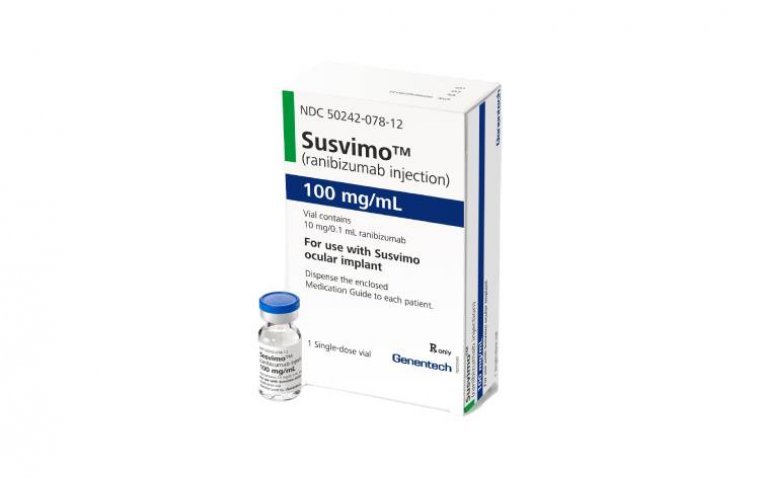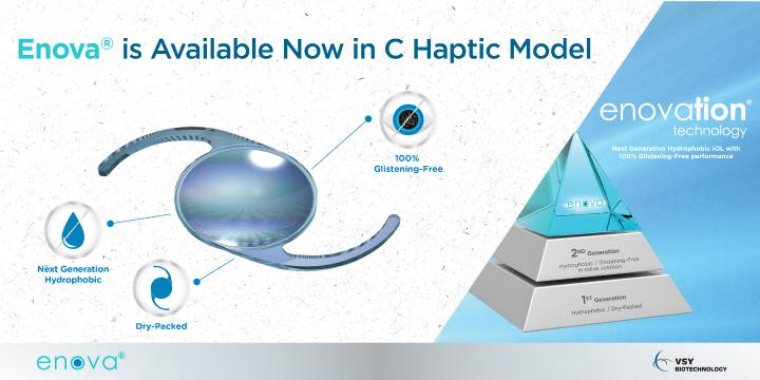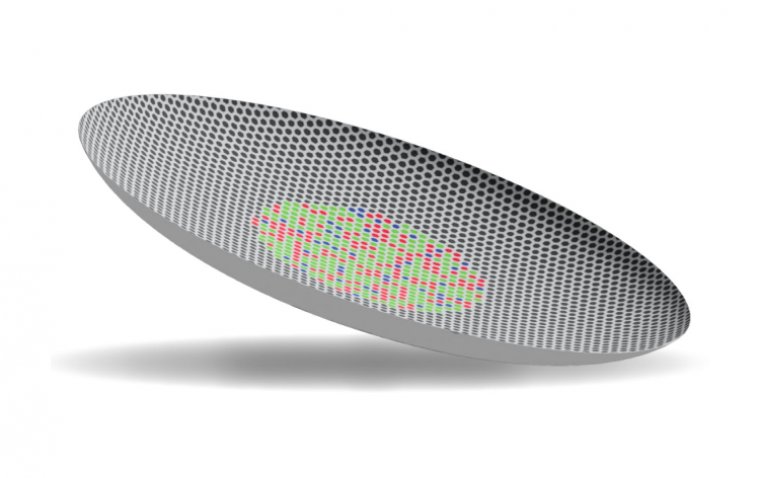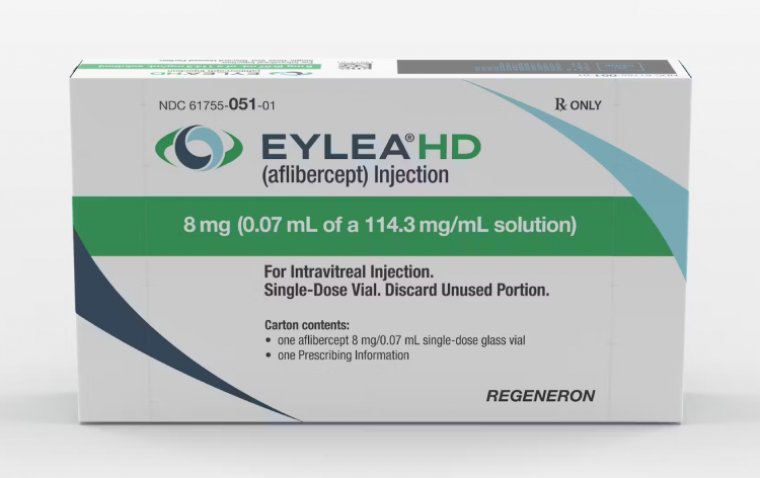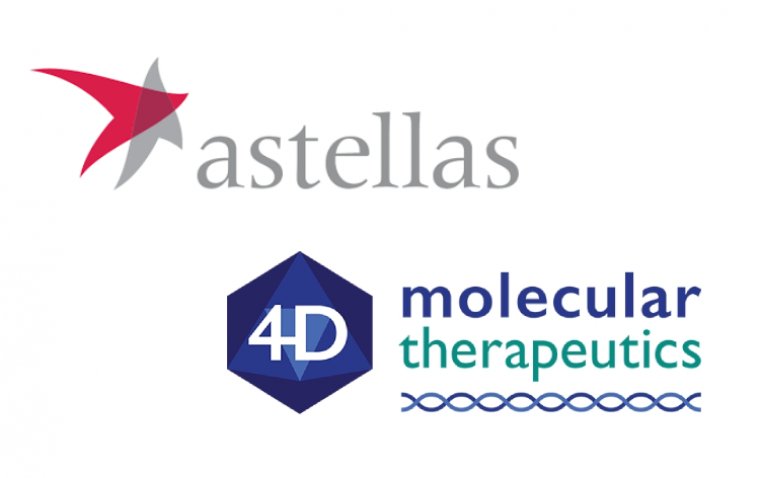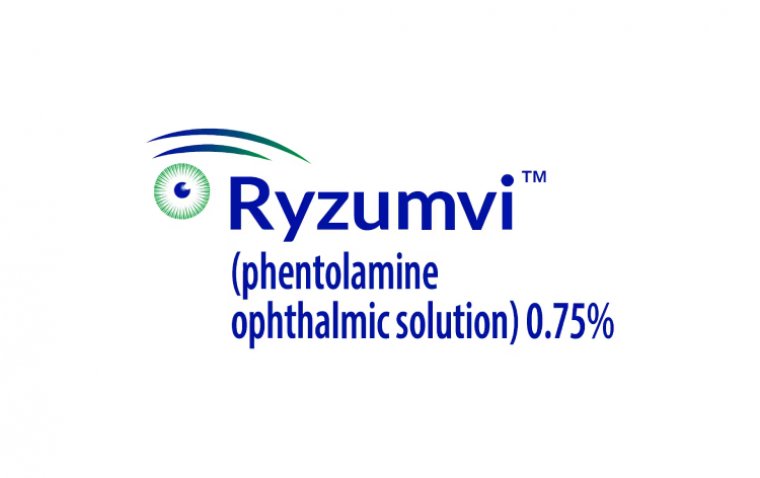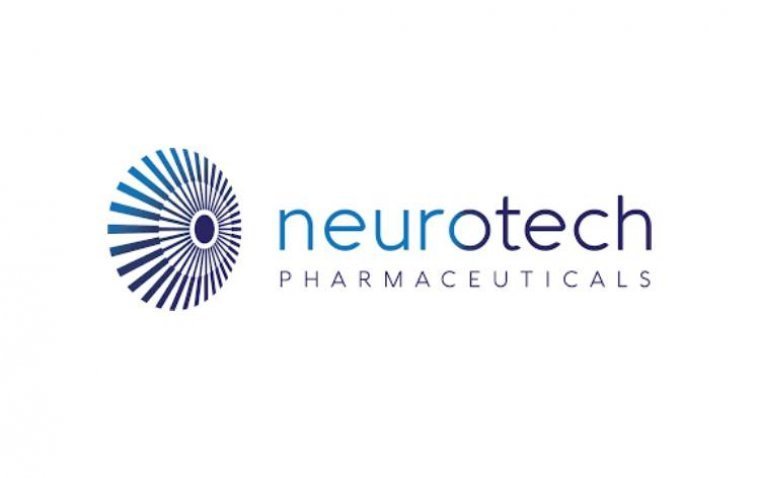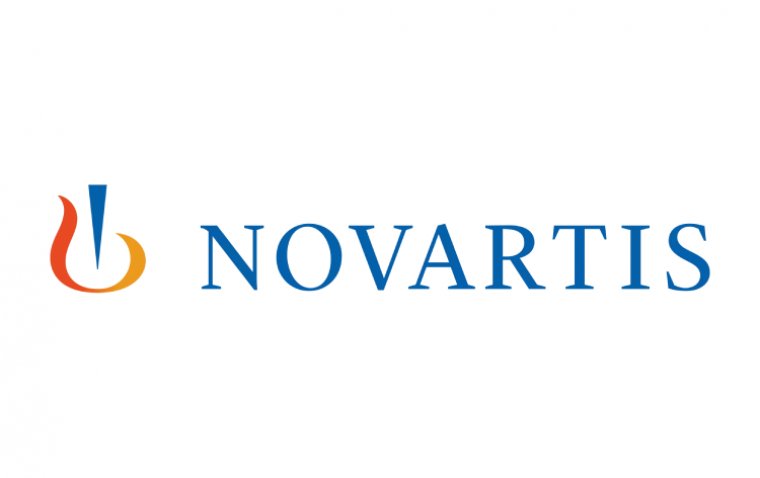
Novartis to Cease Development of GA Gene Therapy
After observing discouraging phase 2 clinical data, Novartis has opted to terminate the clinical advancement of its geographic atrophy gene therapy candidate GT005, a product it acquired through the acquisition of Gyroscope Therapeutics.
The announcement was officially disseminated by investment firm Syncona, the former owner of Gyroscope prior to Novartis' acquisition in 2021. Syncona was initially slated to receive multiple milestone payments from Novartis contingent upon successful clinical development and subsequent commercialization.
“We are naturally disappointed for patients following the decision to discontinue GT005, but we respect Novartis’ decision,” Chris Hollowood, CEO of Syncona Investment Management Limited, said in a news release. “We remain focussed on our strategy of building and maintaining our portfolio of companies providing significant opportunities to deliver strong risk-adjusted returns to our shareholders and to make a difference to the lives of patients with devastating diseases.”
GT005 was designed as a one-time investigational gene therapy using AAV2 to treat geographic atrophy (GA) secondary to age-related macular degeneration (AMD), with delivery taking place under the retina. Novartis' decision to discontinue its development stemmed from a recommendation by the Independent Data Monitoring Committee, which assessed that the overall data obtained from the leading phase 2 HORIZON study did not warrant the continuation of the development program.
In December 2021, Novartis entered into a definitive agreement to acquire the entire outstanding share capital of the UK-based company Gyroscope. As part of this acquisition, Novartis made an initial payment of $800 million and agreed to potential additional milestone payments of up to $700 million. Out of the $800 million, Syncona received upfront cash proceeds totaling $442 million for its stake in Gyroscope.
This move aligns with Novartis' ongoing strategy to divest its ophthalmology assets, allowing the company to concentrate on its prioritized therapeutic areas.
In January 2023, Novartis successfully completed the sale of five branded ophthalmic products—namely, Ilevro, Nevanac, Vigamox, Maxidex, and Triesence—to Harrow in a transaction valued at up to $175 million.
Subsequently, in June 2023, Novartis divested the dry eye drug Xiidra (lifitegrast ophthalmic solution) 5% to Bausch + Lomb, along with libvatrep (also known as SAF312), an investigational compound currently under study for treating chronic ocular surface pain, and AcuStream technology, an investigational device potentially capable of enhancing precise dosing and accurate delivery of specific topical ophthalmic medications to the eye. Under the terms of this agreement, Bausch + Lomb made a cash payment of $1.75 billion, with additional potential milestone payments of up to $750 million, contingent on sales thresholds and pipeline commercialization.
*Stay in the loop and make sure not to miss real-time breaking news about ophthalmology. Join our community by subscribing to OBN newsletter now.
(1).jpg)
